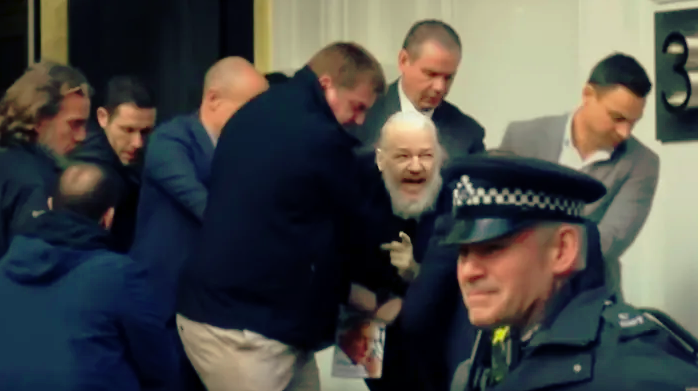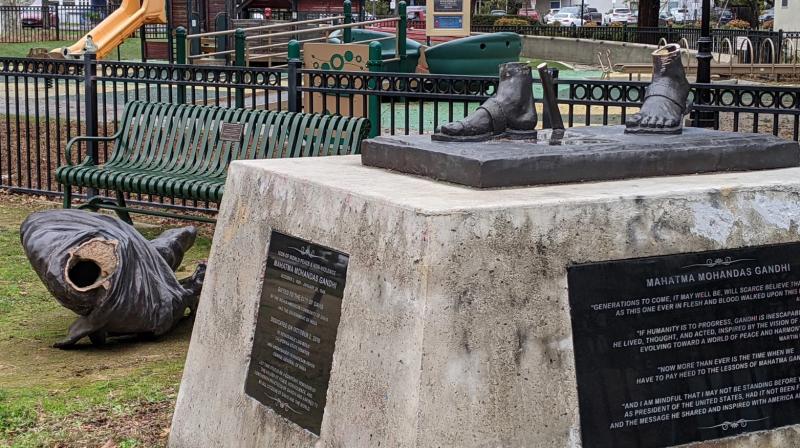A British appellate court has opened the door for Julian Assange to be extradited to the United States by overturning a lower court ruling that found the WikiLeaks founder’s mental health was too fragile to withstand the American criminal justice system.
However appellate court ruling handed down Friday is likely to be appealed.
A lower court judge earlier this year refused an American request to extradite Assange to the U.S. to face spying charges over WikiLeaks’ publication of secret military documents a decade ago.
Earlier District Judge Vanessa Baraitser denied extradition on health grounds, saying Assange was likely to kill himself if held under harsh U.S. prison conditions.
The United States appealed, challenging the notion that Assange’s mental health made him too vulnerable to withstand the U.S. judicial system.
Lawyer James Lewis said Assange has no history of serious and enduring mental illness and does not meet the threshold of being so ill that he cannot resist harming himself.
U.S. authorities have told British judges that if they agree to extradite Assange, he could serve any U.S. prison sentence he receives in his native Australia.
U.S. prosecutors have indicted Assange on 17 espionage charges and one charge of computer misuse over WikiLeaks’ publication of thousands of leaked military and diplomatic documents.
The charges carry a maximum sentence of 175 years in prison, although Lewis said the longest sentence ever imposed for this offense is 63 months.
Assange, 50, is currently being held at London’s high-security Belmarsh Prison.
WikiLeaks came to prominence when it published a US military video in 2010 showing a 2007 attack by Apache helicopters in Baghdad that killed a dozen people, including two Reuters news staff. It then released thousands of secret classified files and diplomatic cables.
The long-running case has become a cause celebre for free speech, with Assange’s supporters arguing WikiLeaks has the same rights as other media to publish secret material in the public interest.
US prosecutors and Western security officials regard Assange as a reckless and dangerous enemy of the state whose actions imperilled the lives of agents named in the leaked material.
Pro-Assange supporters gathered outside the court on Friday, waving placards and demanding his immediate release from Belmarsh.
REBECCA VINCENT, WHO HEADS THE UK BRANCH OF REPORTERS WITHOUT BORDERS
tweeted “This is an utterly shameful development that has alarming implications not only for Assange’s mental health, but also for journalism and press freedom around the world.”
Kristinn Hrafnsson, an Icelandic journalist with WikiLeaks, wrote on Twitter: “On UN Human Rights Day a UK court throws investigative journalism into darkness and continues the torture of Assange. This fight will not end here.”
Investigative journalist Stefania Maurizi told media ” the only way now left to “save Julian Assange” was with public pressure.“
Maurizi works for the Italian daily Il Fatto Quotidiano and has worked on all of WikiLeaks’s secret documents, included the 2010 documents for which Assange has been charged.
“This case will decide the future of journalism and the right of the public opinion to look at our governments’ darkest corners,” she said.









